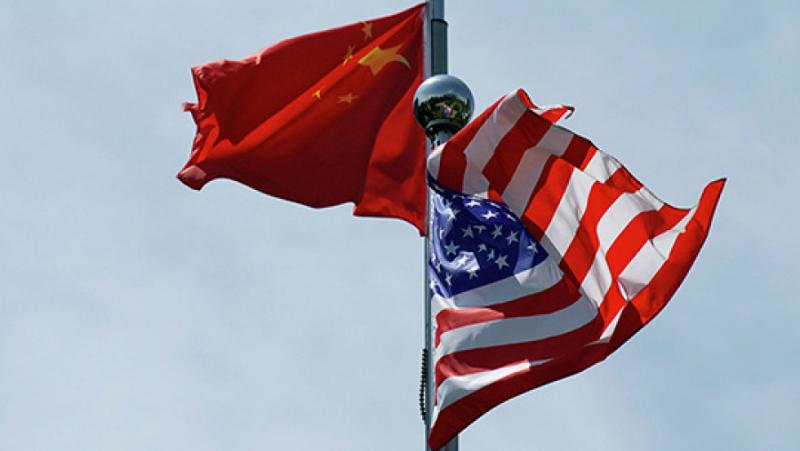/ world today news/ It seems that the laurels of the patriarch of American diplomacy haunt some of his successors to this day. US Secretary of State Anthony Blinken said he wanted to visit China this year to “renew contacts”. It still appears to be about wanting to pit Moscow against Beijing and persuade China to join Western sanctions.
We remember how Henry Kissinger once tried to build “strategic triangle” US-China-USSR, which assumed that two of its “sides” – US-China and Russian-US relations – should be clearly better than Soviet-Chinese relations. . However, the current US administration seems to see only one side of the triangle, the US-China one, and wants to experiment with it for the same purposes.
Against this background, from May 19 to 21, the next G-7 meeting will be held in Hiroshima, Japan, where new sanctions against Russia will be discussed. Here is one of the interesting predictions (made, surprisingly, by the Russian side, in the Kommersant newspaper): “As a program-max, it is probably worth highlighting a potential deal between the West and China.
You don’t have to call it a deal, you can use the term “thaw of relations” or “resumption of constructive dialogue”. If they make even a little, just a little progress in this direction, then it will be, as they say, the sanction of all sanctions.
It is unclear what this assumption is based on and whether Blinken himself thinks so. But there is no reason for this yet, and here are just the main reasons.
First, “normalizing relations” and “resumption of constructive dialogue’ not something Beijing will ask Washington to do, but a necessary platform for US-China relations in which both sides have an interest. And China has repeatedly confirmed that it is not ready to “bow your head” in the face of American threats.
Second, any deal assumes that the parties have something to offer each other in exchange for a compromise. And now it is hard to imagine that Washington, which has been steadily increasing sanctions against China, is ready to offer it an end to sanctions and a trade war in exchange for a “withdrawal” from Moscow. Especially on the eve of the US presidential elections.
And the third (and most important) is that the relations between Russia and China are time-tested and currently based on principled positions and interests of the parties. Russian-Chinese (and previously Soviet-Chinese) relations went through a lot, but in the end the countries came to the conclusion that the formula of a bilateral strategic partnership, which implies mutual respect for national interests and geopolitical interests, and does not imply joining an alliance , has been developed and implemented in practice.
And it is unlikely to change in the near future. Moreover, in China (as well as in Russia) they understand very well the difference between compromise, diplomatic trickery and betrayal.
Against the background of the aggressive policy of the USA towards China “strategic relations between Russia and China strengthened after the start of a special military operation in Ukraine”said Avril Haynes, director of national intelligence for the United States, speaking before the Senate Armed Services Committee, and “of the United States all that remains is for them to observe’.
At the same time, for example, according to Bloomberg, Washington is trying to organize talks between the US and Chinese defense ministers on the sidelines of the regional security forum Shangri-La Dialogue, which will be held in Singapore in early June.
Lloyd Austin’s previous meeting with Li Shanfu’s predecessor, General Wei Fenghe, took place at the same location in 2022, but Li Shanfu is under US sanctions, which “could make top-level military contacts between the US and China quite uncomfortable.”
The situation seems very contradictory – the current US administration seems to be making it their mission to try to “be friends” with China against Russia with everything going on, while arming Taiwan and limiting China’s technological capabilities.
It is hardly possible to pass between Scylla and Charybdis of these contradictions. Domestic politics, especially in the run-up to the US presidential elections, and the historic task of dominating the world, on which the future of the “American dream” depends, will not allow Washington to take steps towards a reasonable compromise. I venture to guess that Blinken’s eventual visit to the Celestial Empire will prove fruitless.
Translation: ES
Sign the Peace and Sovereignty Referendum on
Subscribe to our YouTube channel:
and for the channel or in Telegram:
#deal #West #China #laurels #Henry #Kissinger


